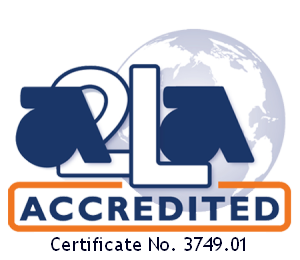It’s tempting to think of EQA providers as simply another step on the path to accreditation: a mandatory stop on the road to the real work of providing quality testing for patients, clinicians, governments, and customers. However, as guardians of quality, EQA providers are in a unique position to identify problems in the testing cycle and provide insight, education, and guidance to testing labs, especially as new testing methods are developed. Less complex tests that can be performed by less specialized staff are critical to addressing post-pandemic staffing shortages. But newly trained staff require oversight, and even tests that require less expertise to perform still have nuances of use and interpretation that can affect their accuracy. Even experienced staff might not be familiar with all the peculiarities of a new technology and can benefit from external verification, guidance, and suggestions.
During the COVID-19 pandemic, CMPT amassed a large quantity of data from – at peak – 110 testing providers, many of them point of care testing locations. That data has been reviewed and analyzed in a new paper published in PLOS Global Public Health and examines a particular incident in which testing sites were incorrectly classifying test results from rapid antigen diagnostics (RADs) at the alarming rate of 54%. For CMPT’s response, and the actions that brought that number up to 97% accuracy for the same RADs and testing locations, you can read the full article in PLOS Global Public Health.
Congratulations to the entire author team: Veronica Restelli, Selvarani Vimalanathan, Mahfuza Sreya, Michael A. Noble, and Lucy Perrone.



